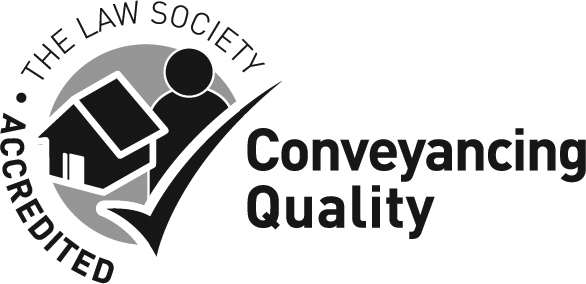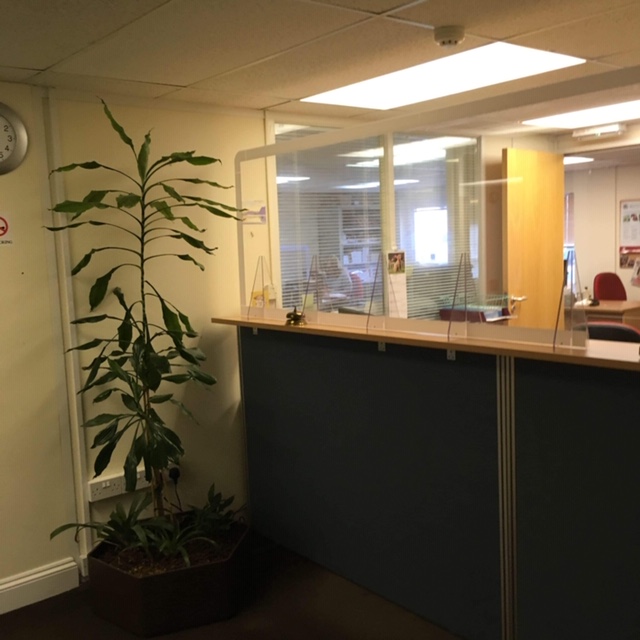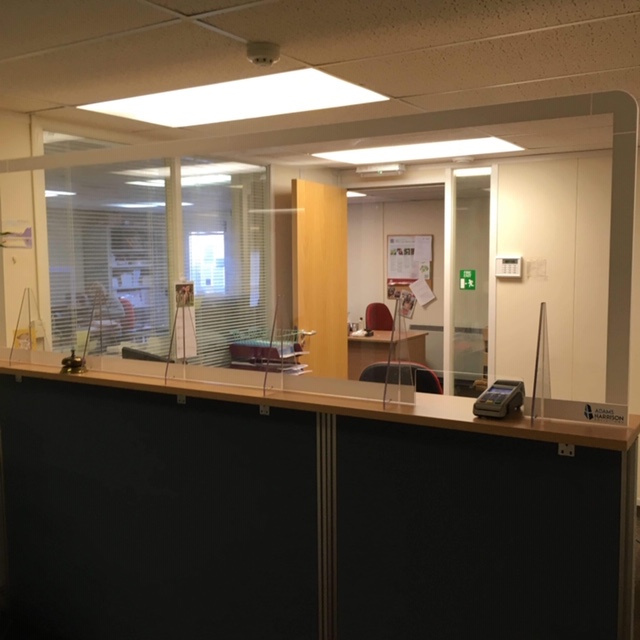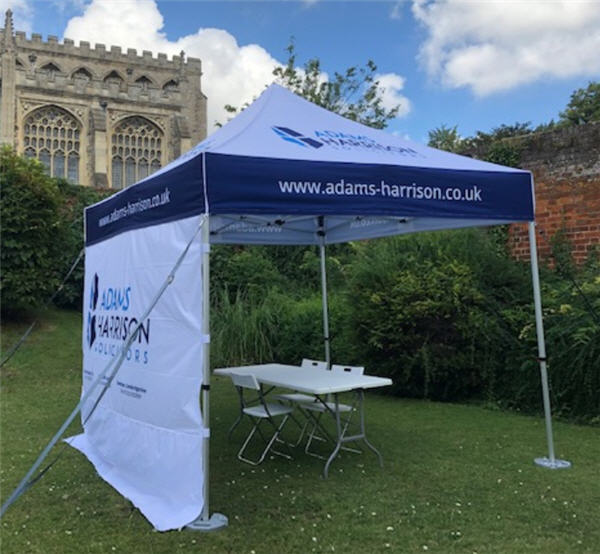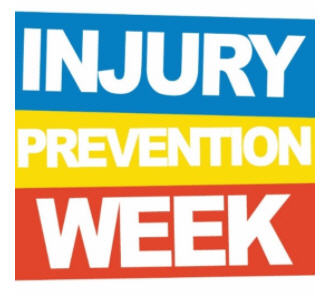The effect of COVID-19 on personal injury claims
The COVID-19 crisis is of course creating significant challenges that are testing Claimants, potential Claimants and all those involved in the personal injury industry. For this reason many of those who have active personal injury claims and even those wondering if they might have a claim are asking what impact the pandemic will have on them.
Whilst it is impossible to say there will be no impact on the claims process, we have seen Claimants, Defendants and the Courts cooperate and work together to ensure that any delay is minimised or in most scenarios, avoided entirely.
At Adams Harrison we remain open for business and continue to manage existing claims or deal with new claims as normal. We offer client consultations by telephone or other remote means whether that be via Zoom, Face time or other platforms. If you wish to have a face to face appointment please telephone the office to ascertain if this can be arranged for you. In such circumstances you should acquaint yourself with our Covid-19 Policy so you know what to expect on your visit and so we can do our upmost to keep you safe during your visit https://www.adams-harrison.co.uk/covid-19-policy/
We have also prepared questionnaires for you to complete prior to any appointment to help deal with your claim remotely.
Making that initial step to call or email a solicitor about an accident claim is always a big decision. At Adams Harrison we offer you the opportunity to speak to a lawyer from the first call. That means you won’t need to speak to any call centres about your potential case and instead you can speak to a lawyer who will be able to answer your questions and put your mind at rest – whatever the advice might be.
If you would like to make a personal injury claim then please contact us – we are here to help you.
Anton Bilinski
Legal Executive
Litigation Department

